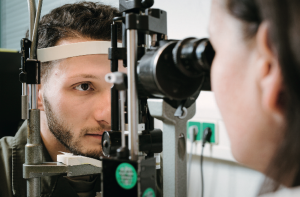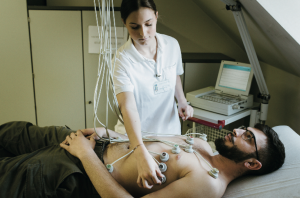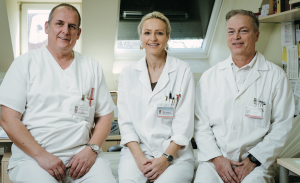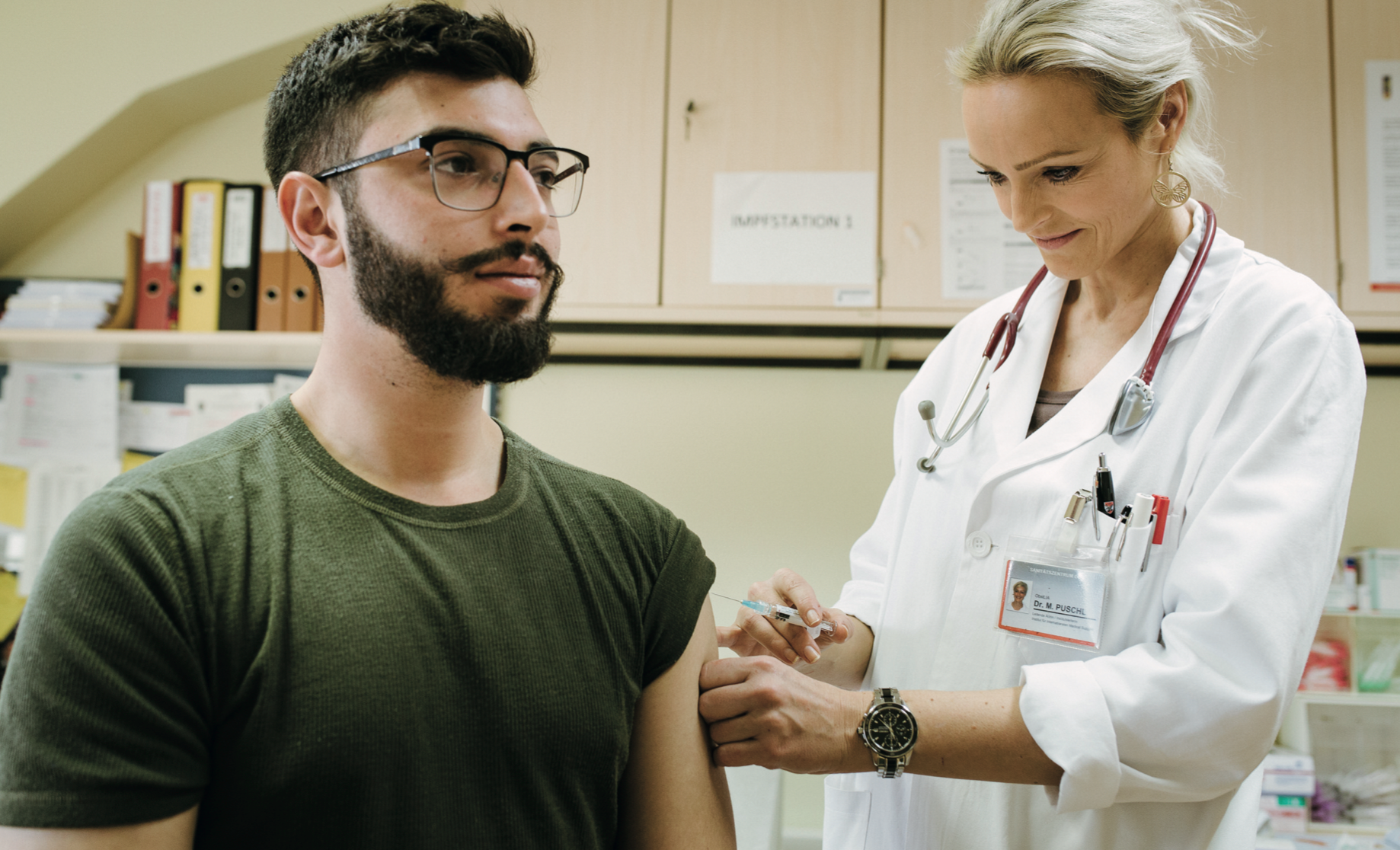Almost 1,000 Austrian soldiers are currently deployed abroad – one woman knows almost all of them: Margot Puschl, medical director of the Institute for International Medical Support and head of vaccination for the Austrian Armed Forces.

Deployment abroad! This is an exceptional situation for most soldiers. Serving for months away from home under different climatic conditions in a crisis region is a challenge that should not be underestimated. The preparations for this therefore usually take several months and include exercises as well as various tests and health checks. The latter involve testing three different components: psychology, sport and medicine.

While the first two areas are clarified elsewhere, all medical matters are the responsibility of Dr. Margot Puschl, Medical Director of the Institute for International Medical Support & Vaccination Center (IMS for short). Every year, around 3,600 soldiers and police officers come to her at the Vienna Army Hospital to be tested for their suitability for deployment abroad and to be protected against the most common health risks. The program includes laboratory tests, internal medicine including ECG, a visit to the ENT, ophthalmologist and dentist, urologist and dermatologist. “Suitability is then valid for three years,” says Dr. Puschl in an interview with Militär Aktuell. “We assign three criteria: ‘suitable’, ‘temporarily unsuitable’ or ‘unsuitable’. Temporarily unsuitable’ refers to minor defects that are usually easy to rectify. For example, the test person may need new glasses, a dental filling or a kidney stone removed. Only less than one percent of those who come to us are completely unsuitable.” Dr. Puschl’s remit is not limited to upcoming assignments lasting several months; she also carries out brief examinations on a daily basis. “For management personnel attending conferences or courses abroad. All they need is a medical history, an internal medical status and an ECG, as well as the necessary vaccinations.”

Not all foreign deployments are the same. It is often not yet known at the time of medical testing which area the soldier will be deployed to. So is there a basic package that can be vaccinated pro forma for all future expatriates? “No,” says Dr. Puschl, “all soldiers in the Austrian Armed Forces are already vaccinated for Central Europe. This is supplemented by further vaccinations as soon as the destination country is known.” KIOP soldiers (forces for international operations) always have an up-to-date vaccination status for all standard missions of the Austrian Armed Forces (in Kosovo, Lebanon and Bosnia) so that they can be deployed to the area of operations within a few days if necessary. The forces of the Hunting Command are even better protected: They always have worldwide vaccination protection. “Without exception, we have all the vaccinations required for a worldwide vaccination status in stock,” explains Dr. Puschl. These are the vaccinations against diphtheria-tetanus-polio-pertussis, TBE, hepatitis A & B, measles-mumps-rubella, meningococcus, Japanese encephalitis, cholera, rabies, typhoid, HiB, varicella and pneumococcus as well as the seasonal influenza vaccination. The yellow fever vaccination, which can only be administered at locations certified by the Ministry of Health, is also given to future expatriates at the army hospital. If someone is going on a foreign deployment to Africa, for example, they cannot avoid the IMS. “The live vaccination against yellow fever is only available here, it may not be vaccinated in any other military outpatient clinic in Austria,” adds Dr. Puschl.

No matter where the soldiers are sent, the examinations are the same for everyone. “Only the vaccinations and travel medical advice are individual. In countries where there is malaria and other mosquito-borne diseases, it is important not only to take daily malaria prophylaxis, but also to know how to protect yourself. There is no prophylaxis against diseases such as Zika, dengue or chikungunya. It is very important to use mosquito repellent and to avoid standing water, for example, especially at dusk,” warns Dr. Puschl. Rabies is also still a major issue in many areas, such as the Balkans. Free-roaming dogs and bats in particular pose a risk, as do monkeys in the tropics. “Rabies is a disease that, once it has broken out, is one hundred percent fatal,” explains the medical director. So it’s no wonder that vaccination against it is standard practice in the armed forces for foreign deployments. Incidentally, the IMS is always up to date when it comes to medical intelligence. This is ensured by an Austrian liaison officer at the German Armed Forces in Munich. He regularly reports all information on global health threats and medical infrastructures to Vienna. So that our soldiers abroad are optimally protected.










